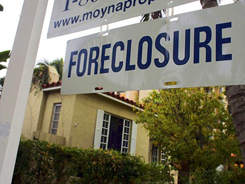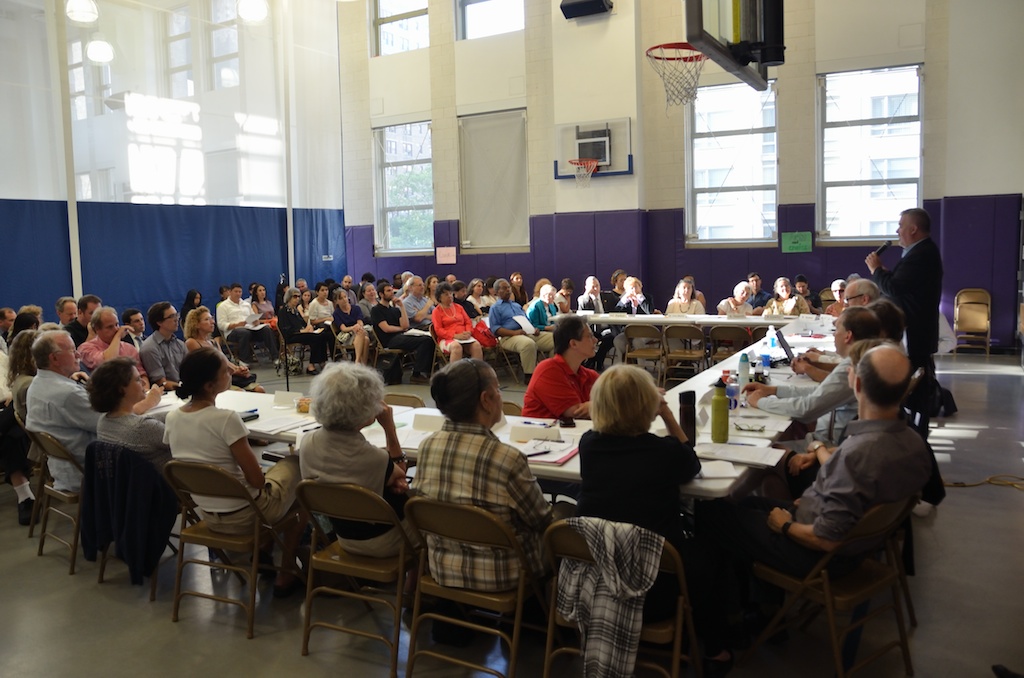
The Neighborhood Stabilization Program (NSP) was established for the purpose of stabilizing communities that have suffered from foreclosures and abandonment.
Through the purchase and redevelopment of foreclosed and abandoned homes and residential properties, the goal of the program is being realized. NSP1, a term that references the NSP funds authorized under Division B, Title III of the Housing and Economic Recovery Act (HERA) of 2008, provides grants to all states and selected local governments on a formula basis.
NSP2, a term that references the NSP funds authorized under the American Recovery and Reinvestment Act (the Recovery Act) of 2009, provides grants to states, local governments, nonprofits and a consortium of nonprofit entities on a competitive basis. The Recovery Act also authorized HUD to establish NSP-TA, a $50 million allocation made available to national and local technical assistance providers to support NSP grantees.
Areas of Greatest Need

The Housing and Economic Recovery Act of 2008 established three very specific targeting responsibilities for state and local governments implementing the Neighborhood Stabilization Program.
- The statute specifies that "all of the funds appropriated or otherwise made available under this section shall be used with respect to individuals and families whose income does not exceed 120 percent of area median income";
- If further states that "not less than 25 percent of the funds appropriated or otherwise made available under this section shall be used for the purchase and redevelopment of abandoned or foreclosed homes or residential properties that will be used to house individuals or families whose incomes do not exceed 50 percent of area median income";
- Finally, it indicates that grantees should give priority emphasis in targeting the funds that they receive to "those metropolitan areas, metropolitan cities, urban areas, rural areas, low- and moderate-income areas, and other areas with the greatest need, including those--
- with the greatest percentage of home foreclosures;
- with the highest percentage of homes financed by a subprime Mortgage related loan; and
- identified by the State or unit of general local government as likely to face a significant rise in the rate of home foreclosures."
To assist local and state governments at meeting these requirements, HUD has posted what the FY 2008 50% and 120% HUD Area Income Limits are for each area. (http://www.huduser.org/publications/commdevl/Section8Limits_50_120.xls)
To assist grantees in identifying areas of greatest need, HUD has also developed a foreclosure and abandonment risk score to assist grantees in targeting the areas of greatest need within their jurisdictions.
Eligible Uses of NSP Funds
NSP funds may be used for activities which include, but are not limited to:
- Establishing financing mechanisms for purchase and redevelopment of foreclosed homes and residential properties;
- Purchasing and rehabilitating homes and residential properties abandoned or foreclosed;
- Establishing land banks for foreclosed homes;
- Demolishing blighted structures; or
- Redeveloping demolished or vacant properties
Requirements For Neighborhood Stabilization Grants
Disaster Recovery Grant Reporting system
The required reporting system for each NSP grant.
Environmental Clearance Requirements
The prerequisites for drawing down NSP funds for applicable activities.
Acquisition and Relocation Requirements
The prerequisites for purchasing foreclosed-upon homes or residential properties and the applicable URA policies.
Fair Housing & Equal Opportunity
An overview of the fair housing policies that apply to NSP.
NSP, Lead Hazard Control, and Healthy Homes Interventions
Lead safety requirements, using Lead Hazard Control grant funds, and making homes healthy on this page.
Related Articles
- Lost Your Job?
- The 2009 Omnibus Bill Explained
- What Are Earmarks?
- Obama's Loan Modification Plan Explained
- Stimulus Plan 2009-What's In it For You
- What is a Reverse Mortgage?
- Loan Modification: Is it Right for You?
- Obama Stimulus Plan FAQ
- 2009 Economic Stimulus Plans-A Glossary of Terms
- Executive Summary of the 2009 Economic Stimulus Plan
- $8,000 Tax Credit for First Time Homebuyers
- Saving and Managing Your Money During a Recession
- First Time Homebuyers Guide
- Financial Assistance for First Time Homebuyers
- How to Improve Your Credit Score
- 5 Tips For Improving Your Credit Score
- How to Avoid Foreclosure
- What Is Foreclosure?
- What Is A Short Sale?
- What Is A Deed-In-Lieu?
- Avoiding Foreclosure Rescue Scams
- How to Buy a HUD Home
- Tips on Buying a Home
- How to Sell Your Home In a Down Market
- Do You Qualify for an FHA Loan?
 Print
Print Email
Email







